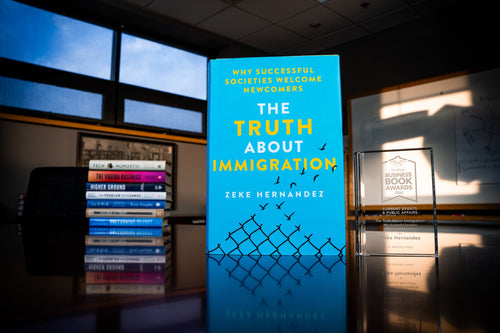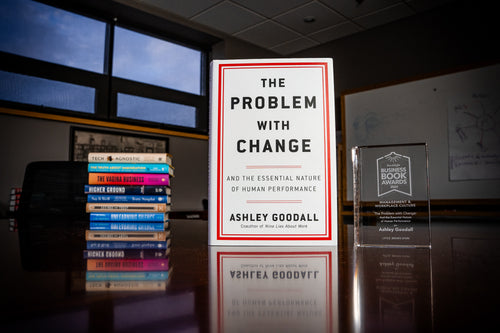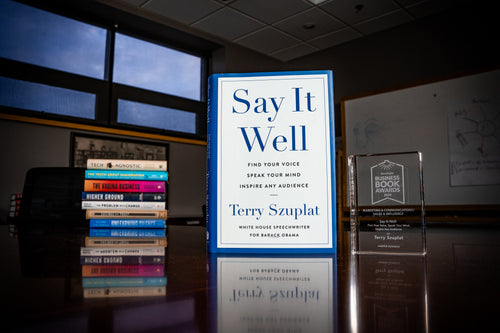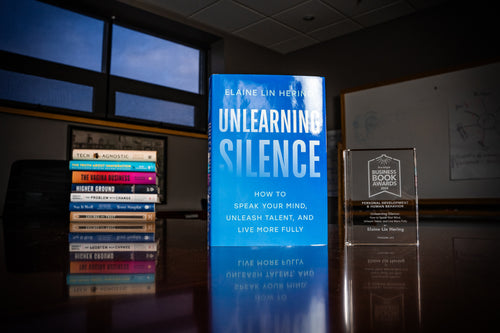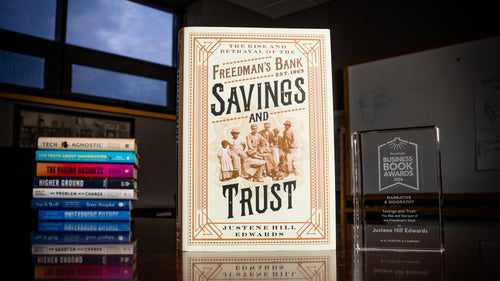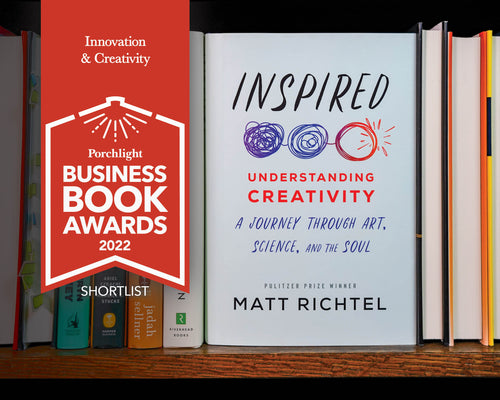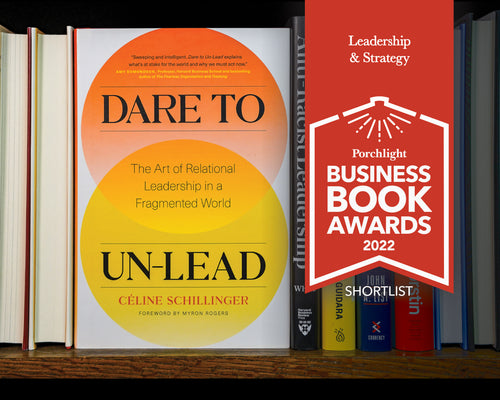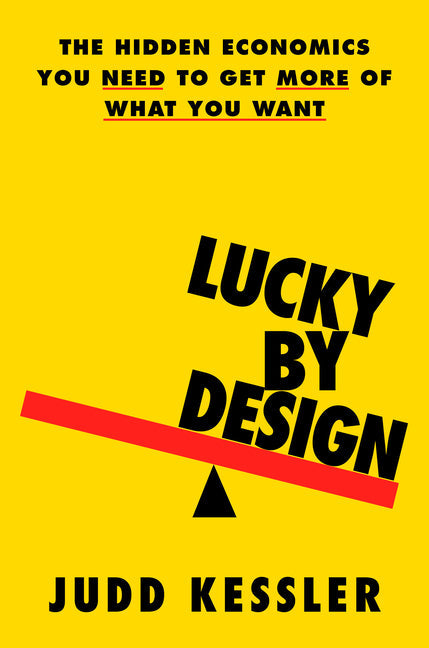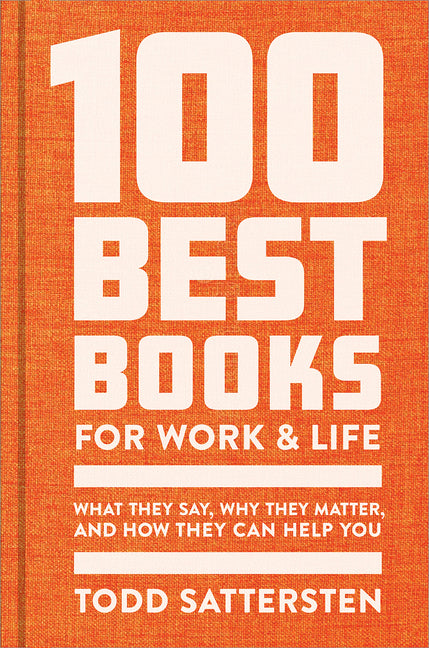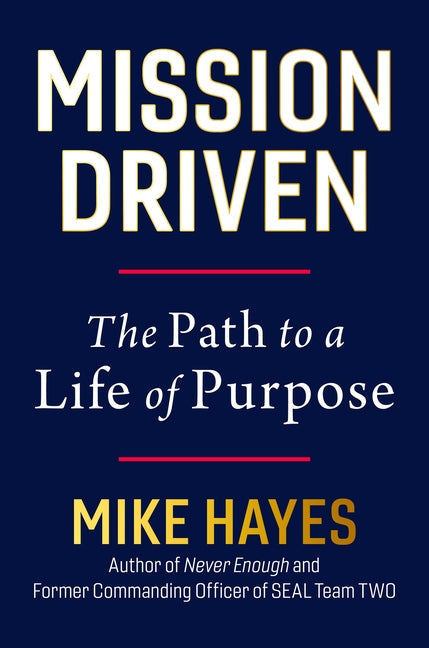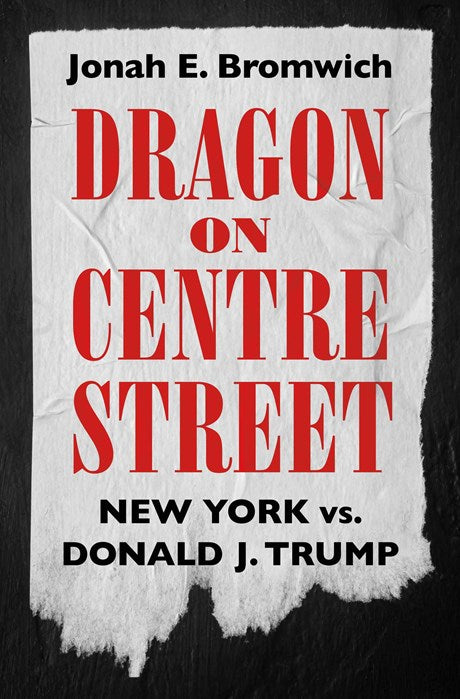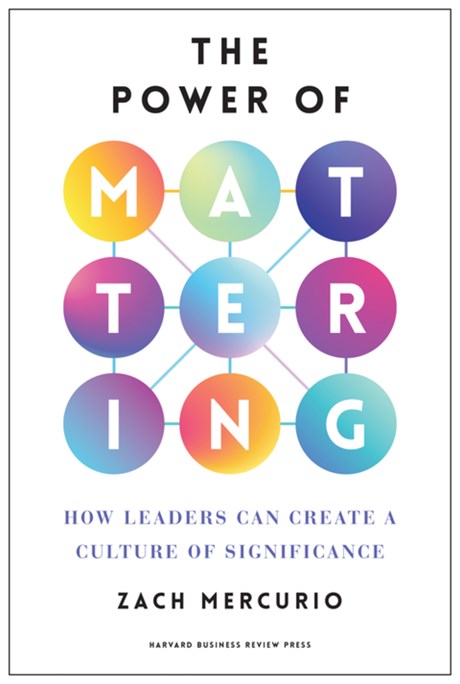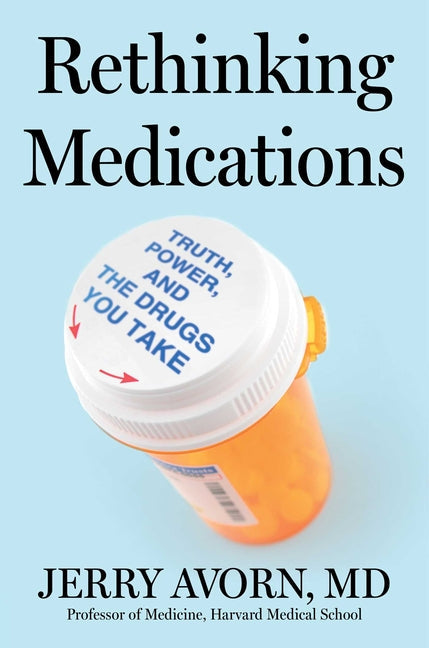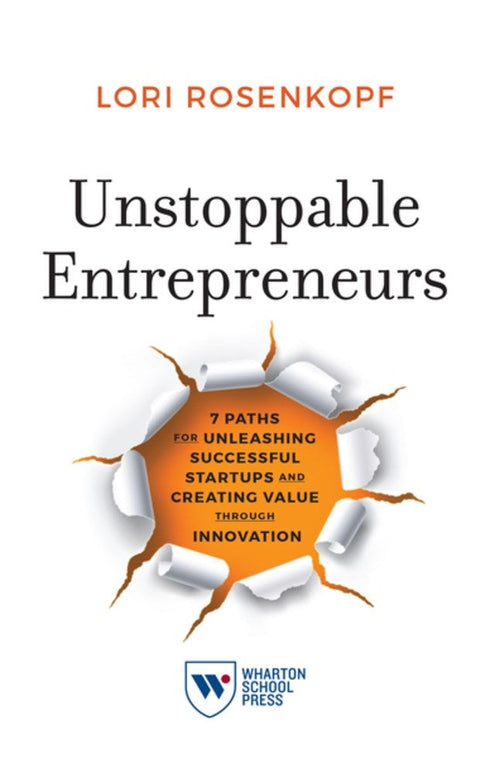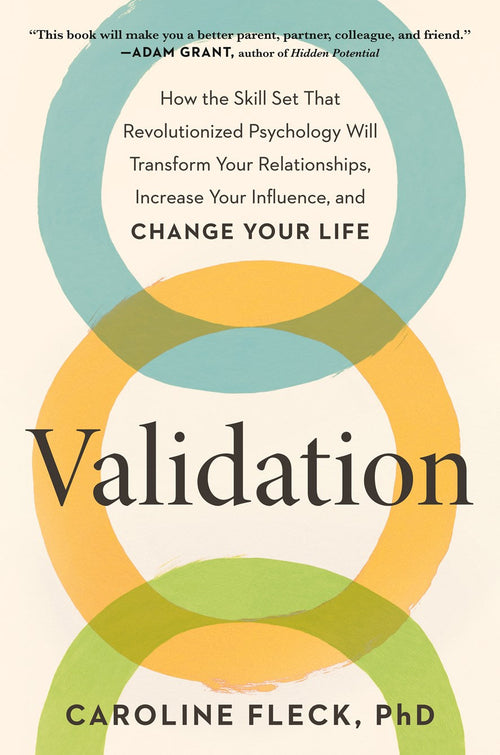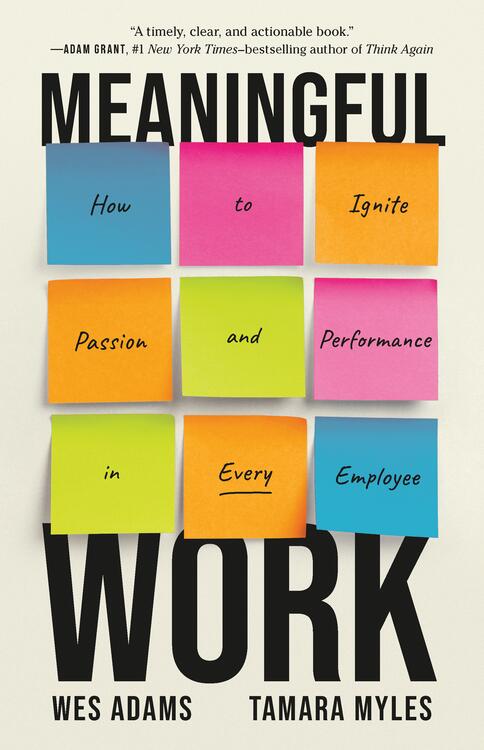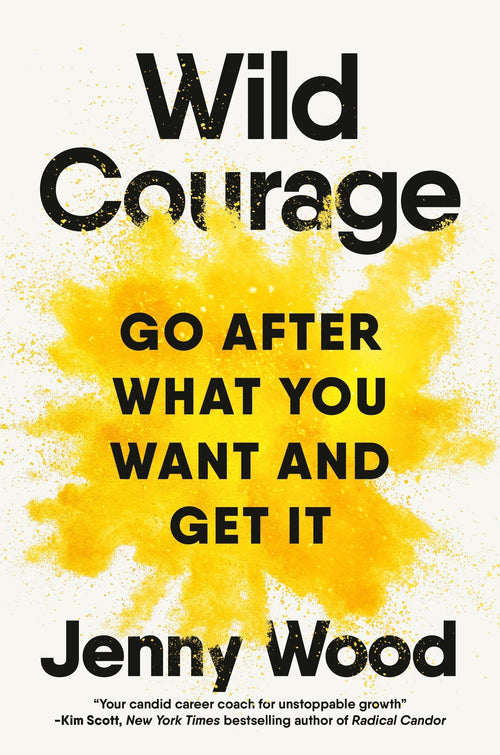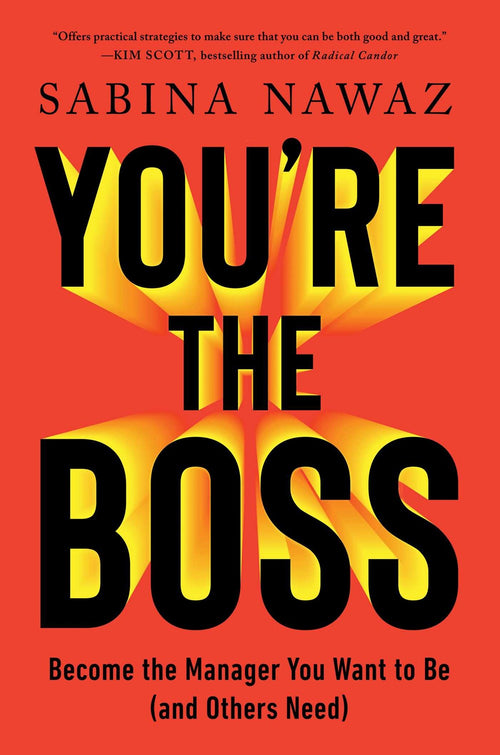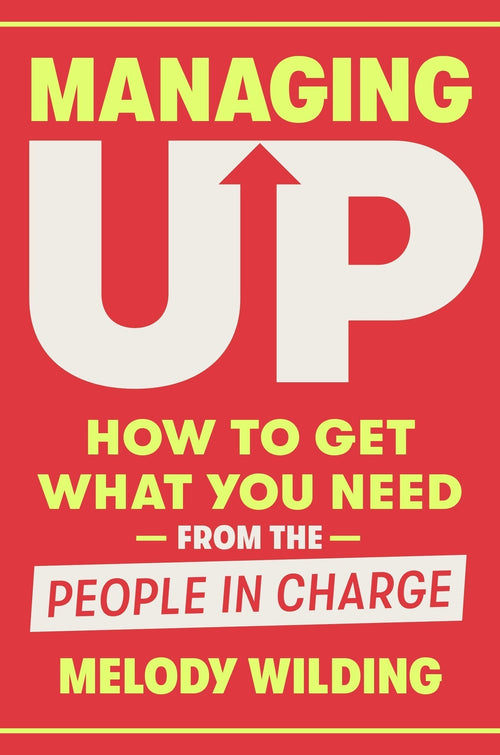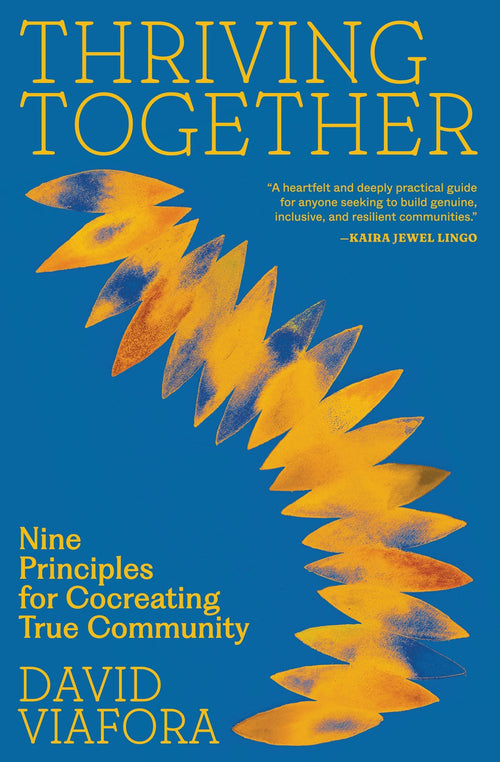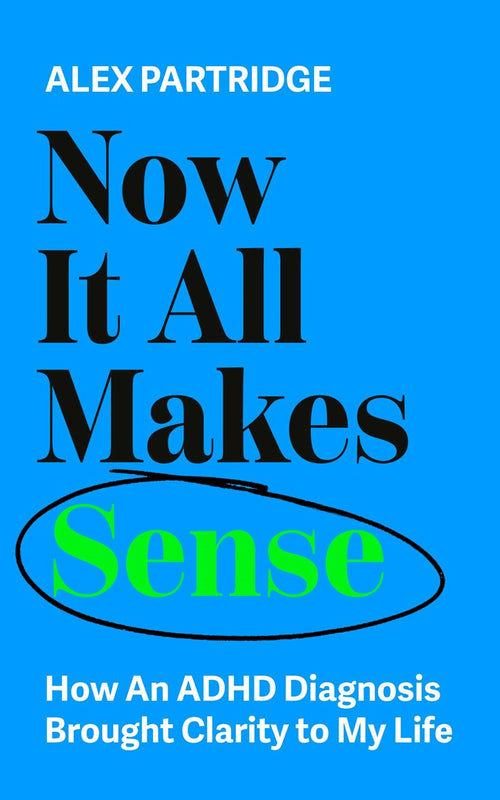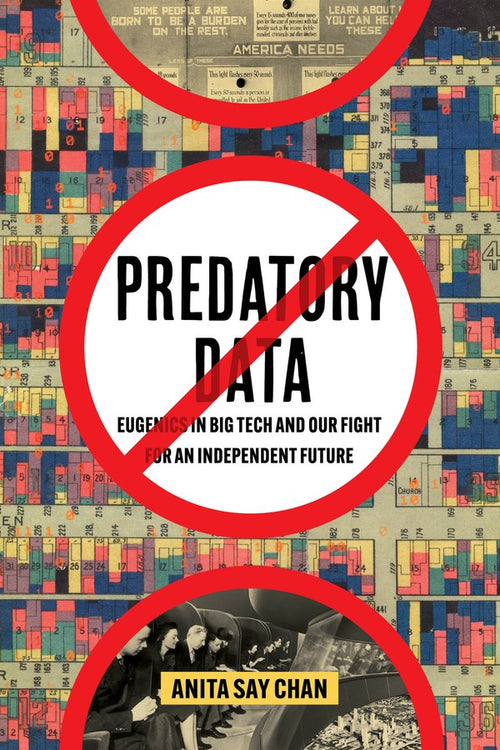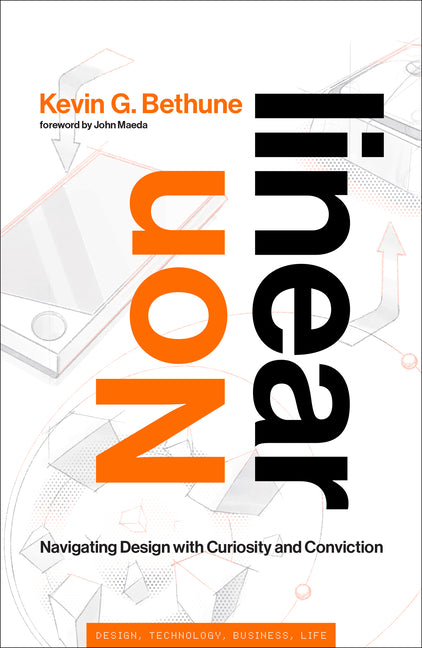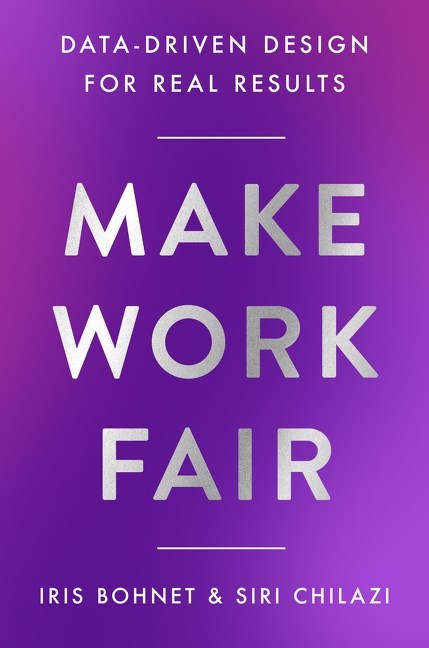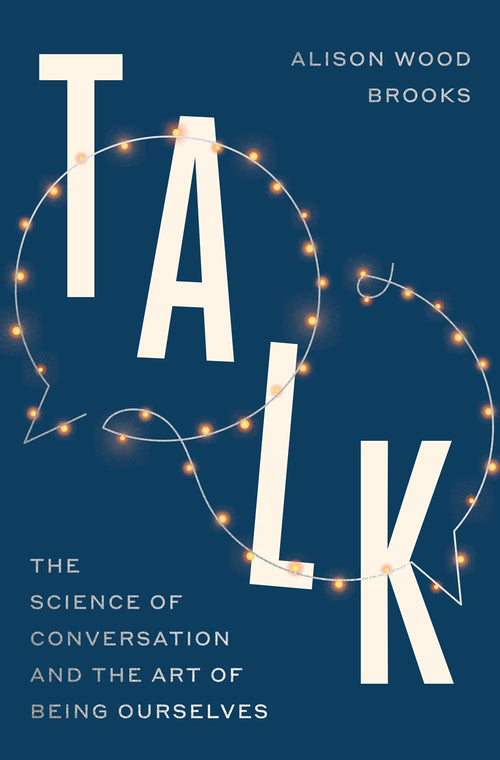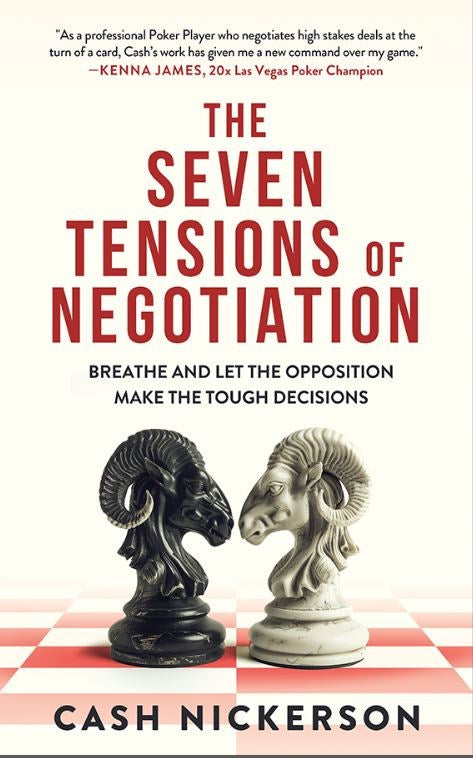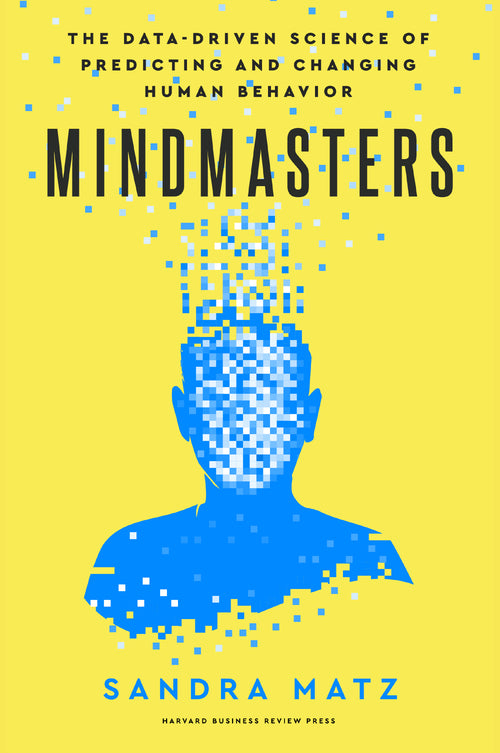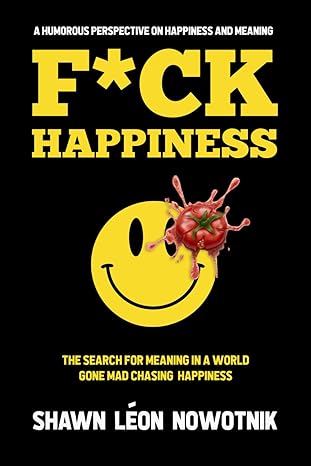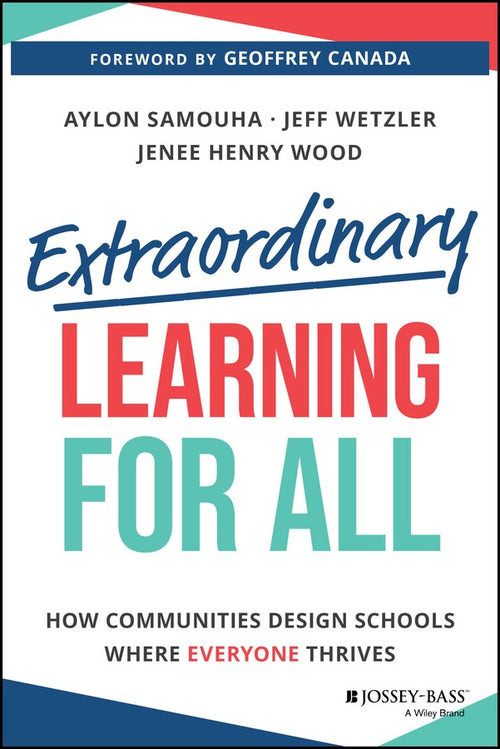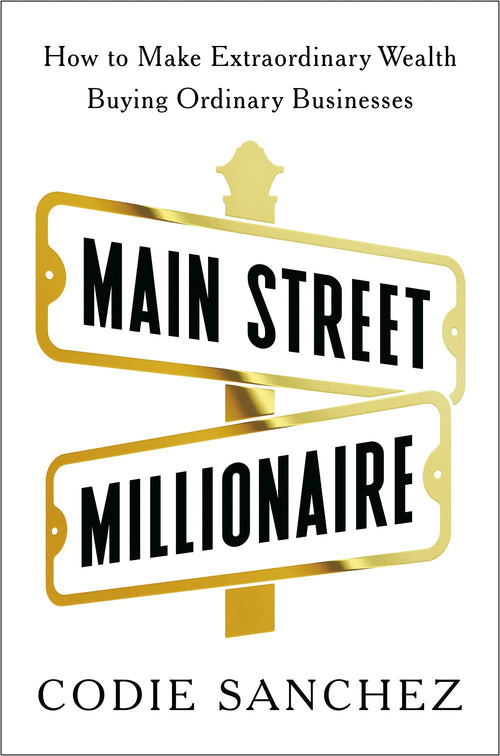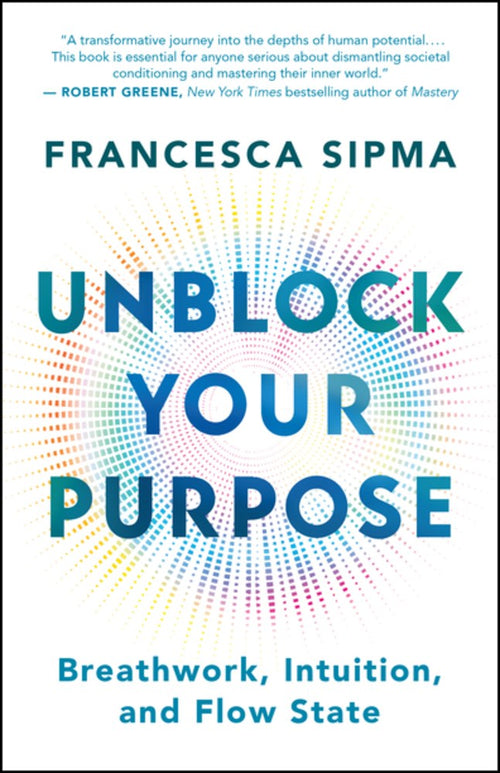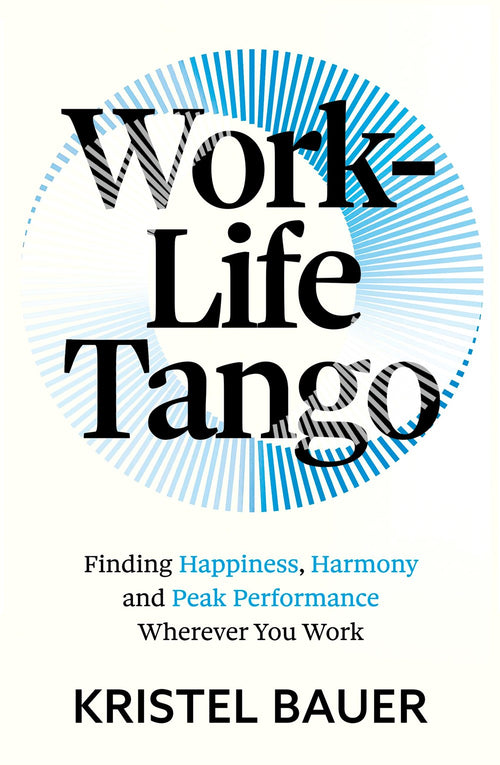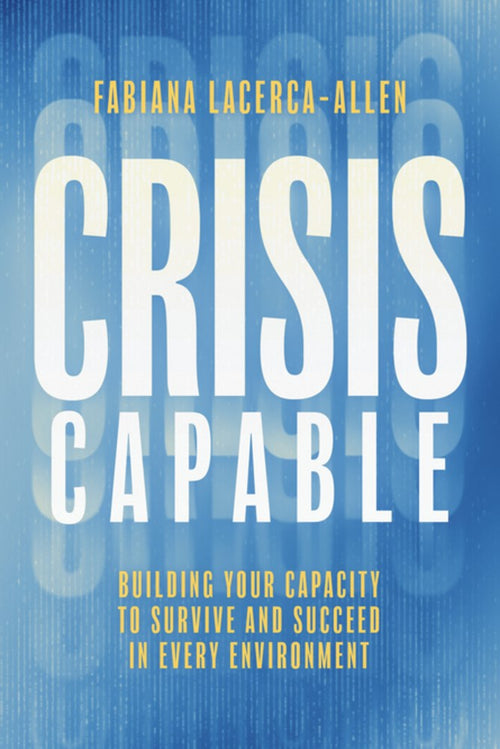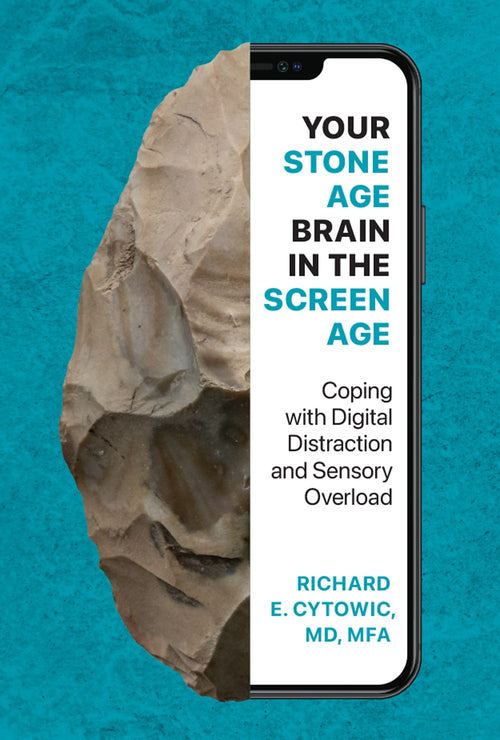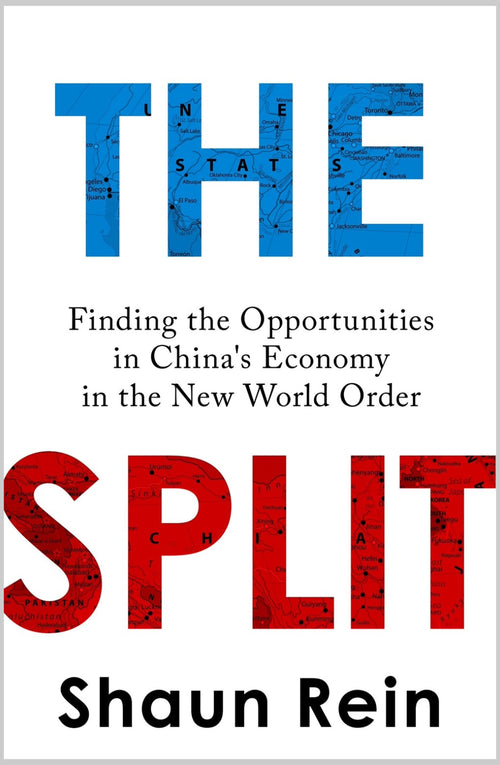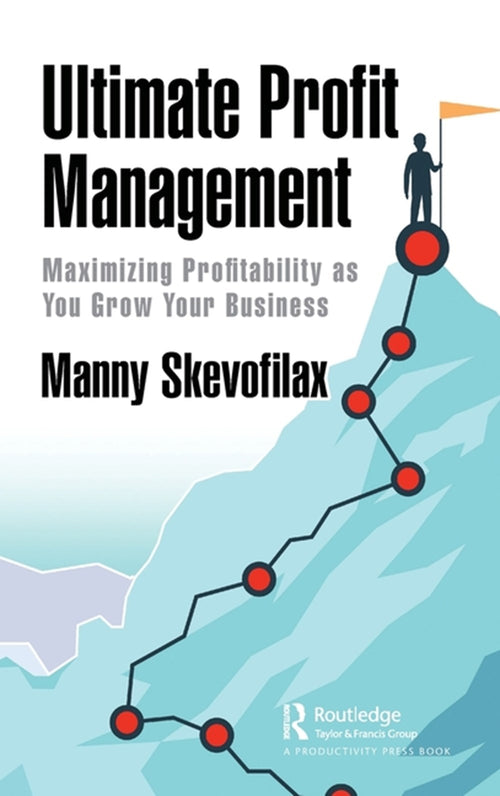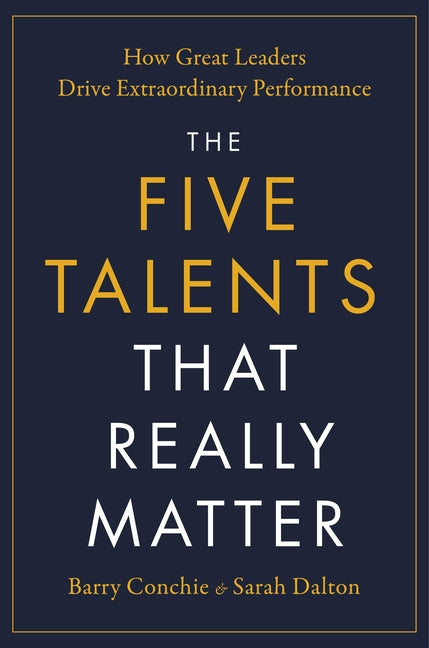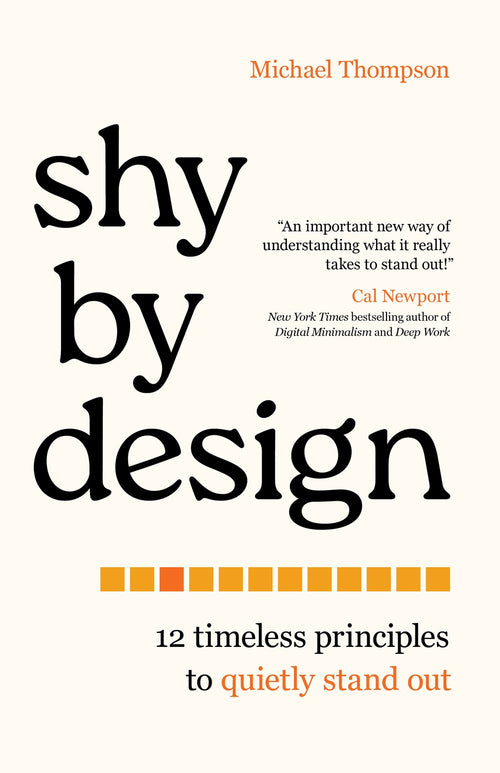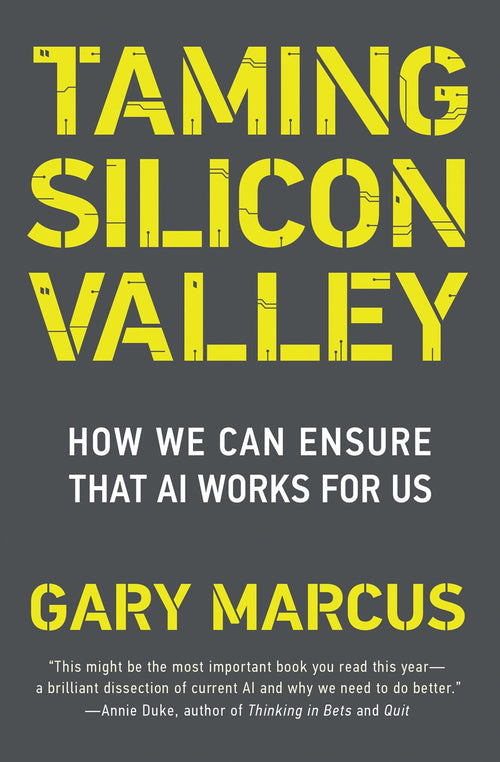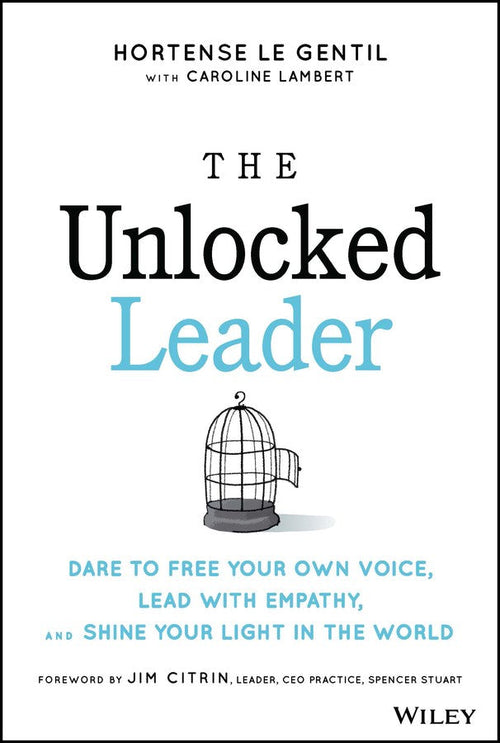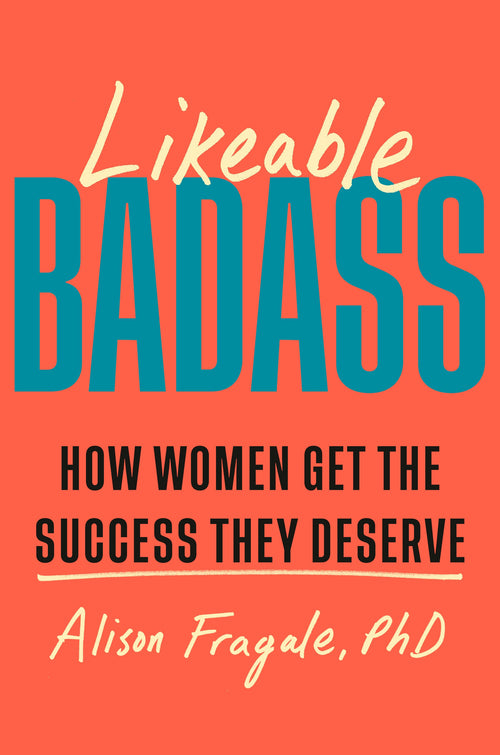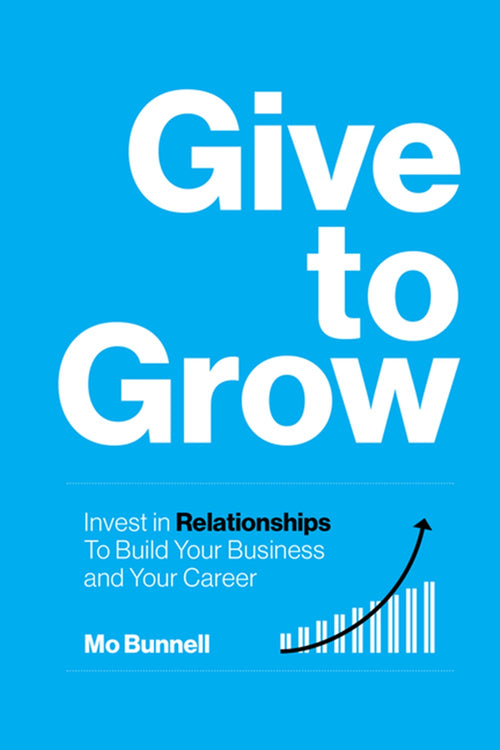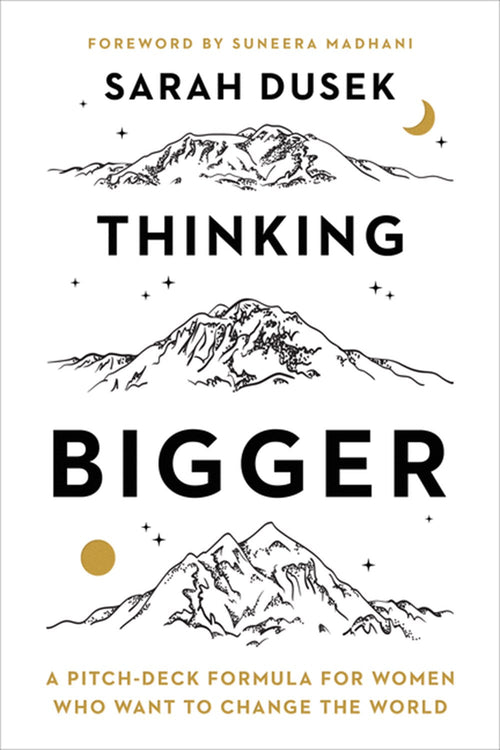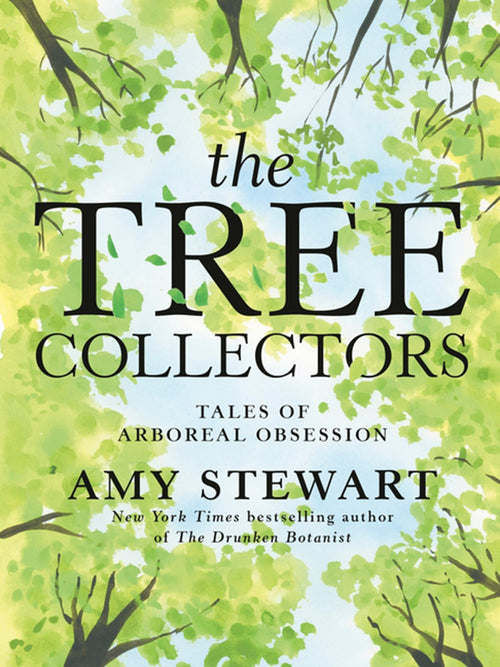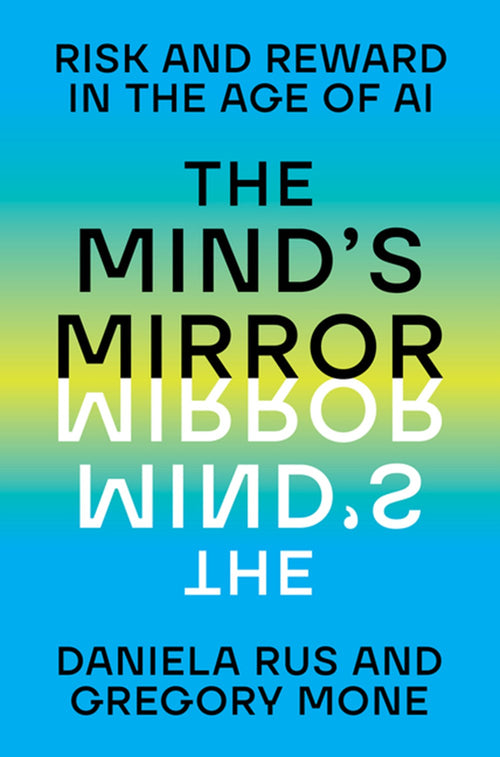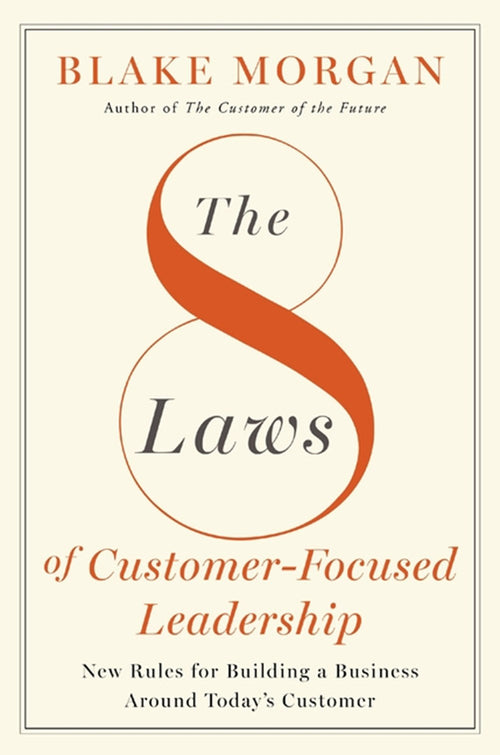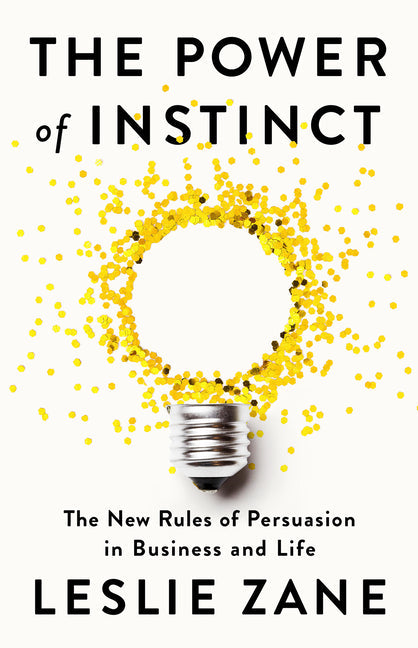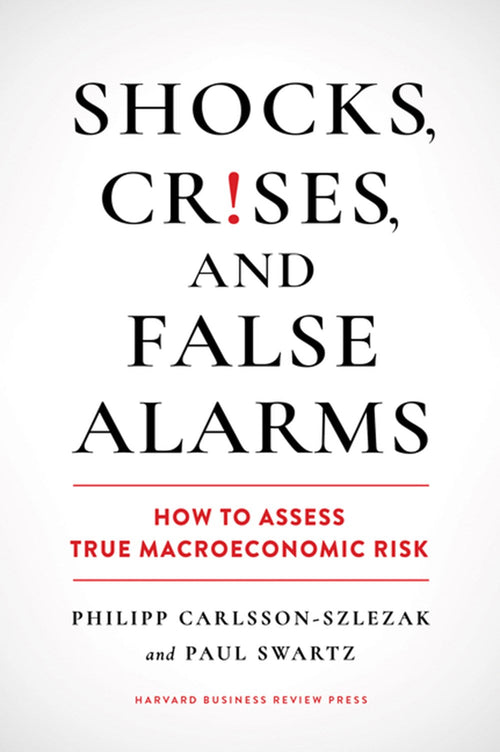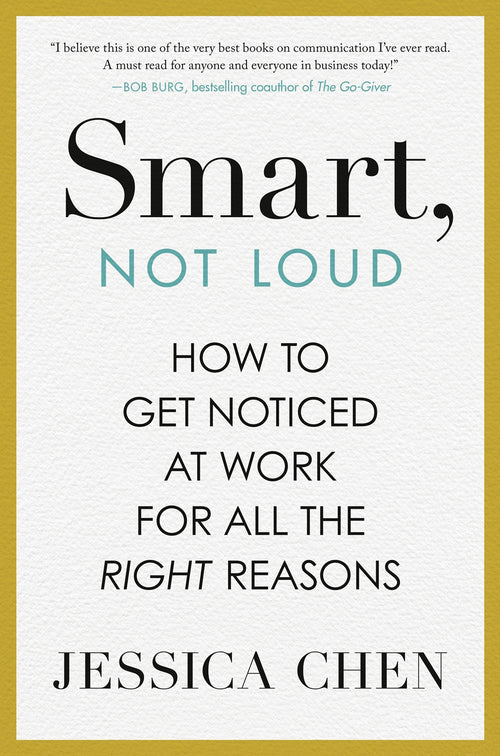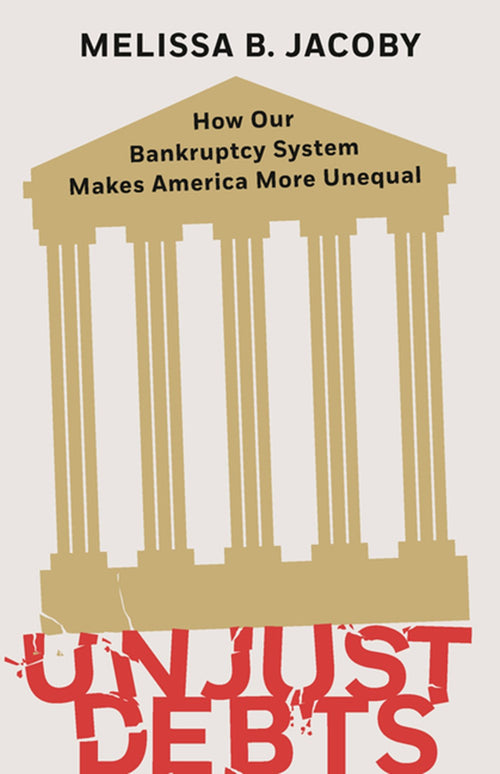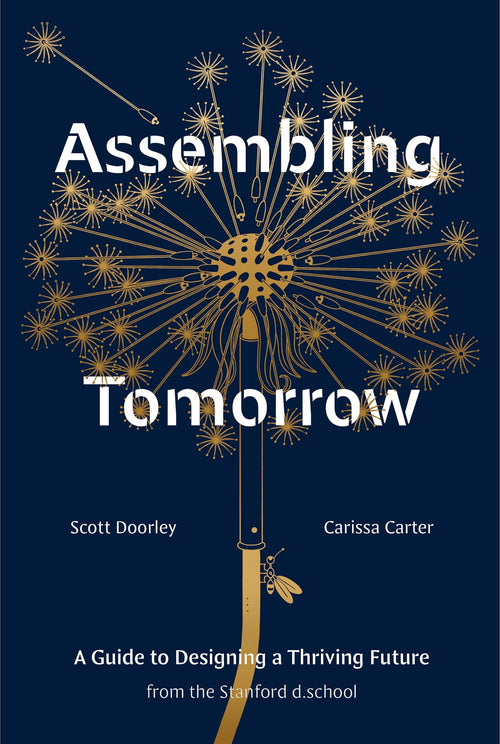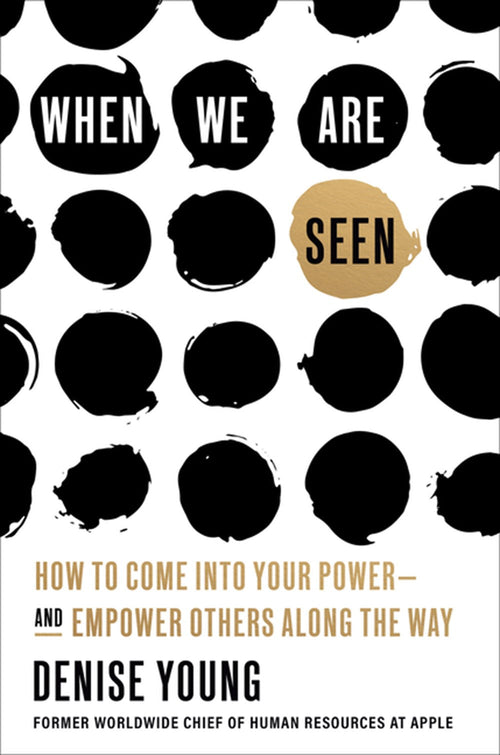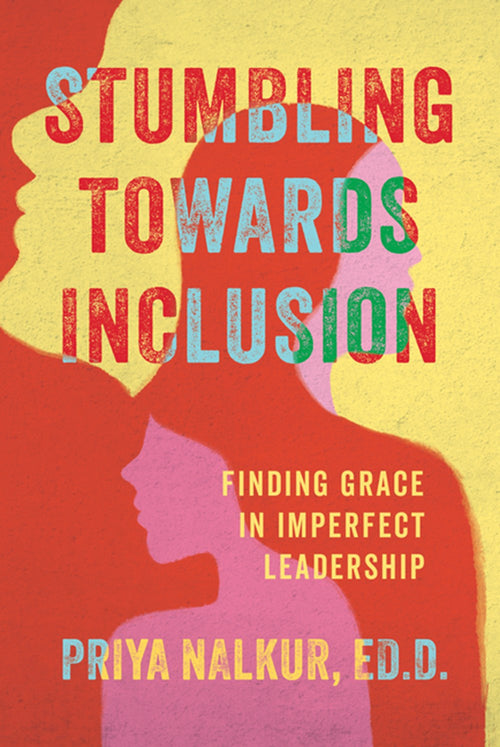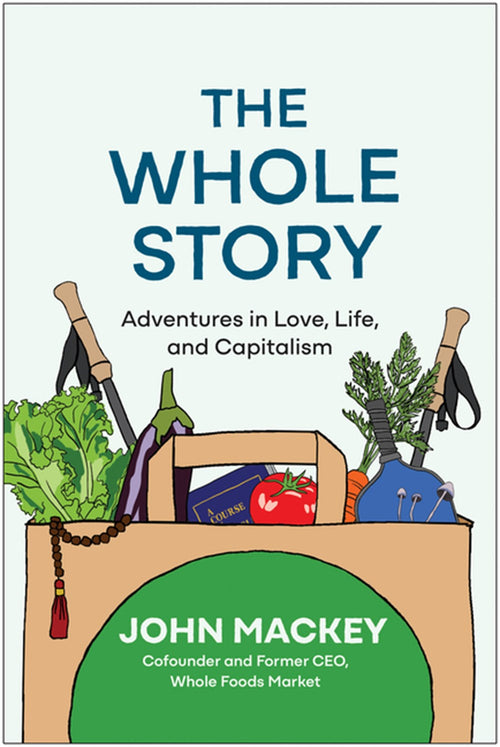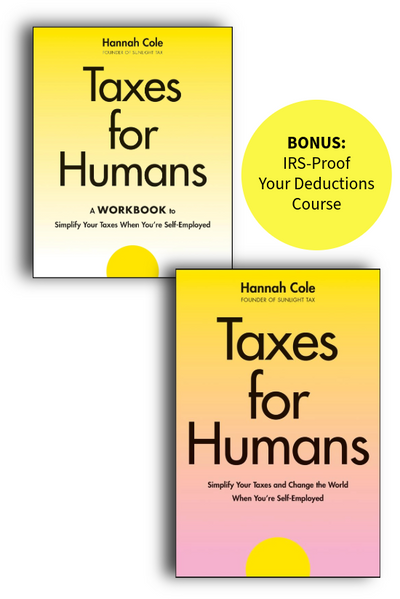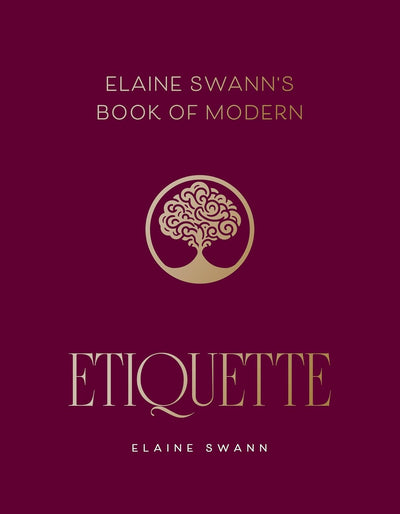An Excerpt from The Kid Across the Hall
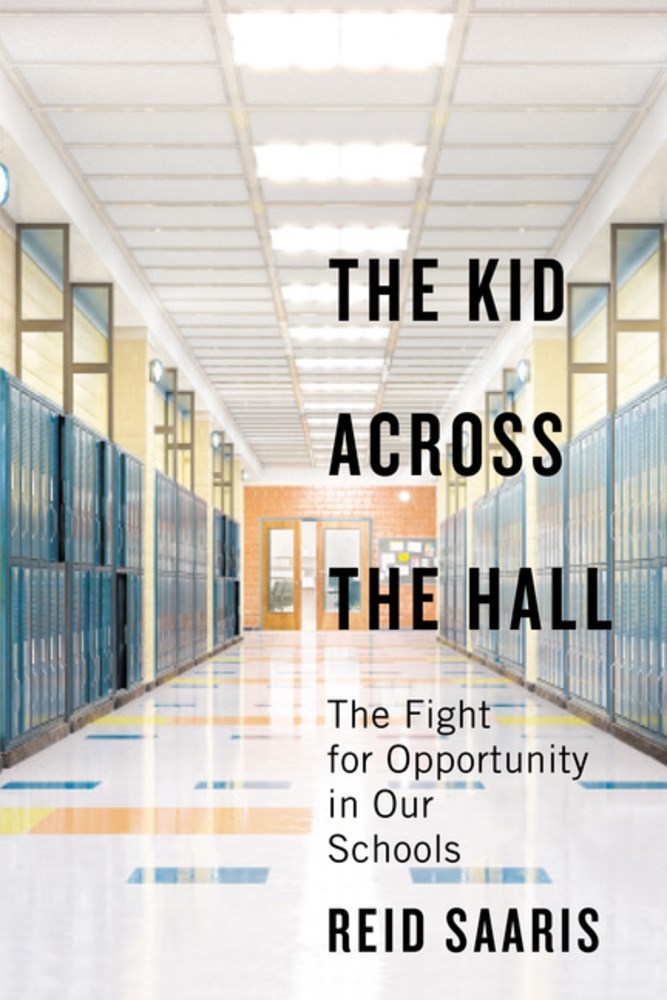 Reid Saaris, a teacher at a high school in South Carolina, realized that his efforts to help his students were being hindered by systemic inequity and administrative indifference. Looking to make a bigger impact, he founded Equal Opportunity Schools (EOS), a nonprofit organization dedicated to finding and supporting the “missing students” who are often overlooked or discouraged from taking advanced classes.
Reid Saaris, a teacher at a high school in South Carolina, realized that his efforts to help his students were being hindered by systemic inequity and administrative indifference. Looking to make a bigger impact, he founded Equal Opportunity Schools (EOS), a nonprofit organization dedicated to finding and supporting the “missing students” who are often overlooked or discouraged from taking advanced classes.
In the following excerpt from Chapter 24 of The Kid Across the Hall, Saaris reflects on a conversation where his unconsciously elitist thinking impacted a critical early decision for EOS.
◊◊◊◊◊
After graduation, I started to get lonely launching Equal Opportunity Schools (EOS) out of a basement. I felt giddy to meet someone deeply passionate about missing students—someone who had way more experience than me too.
Zendaya Mayfield and I sat in a bright coffee shop in downtown Fenton, California. The sun was just topping a nearby building and streamed in through old, open, paint-chipped French doors, illuminating the steam off her dirty chai. In that new light, sitting across from her, anything felt possible.
After we introduced ourselves and I told her why I wanted to launch Equal Opportunity Schools, I said that I’d learned in graduate school about other education reformers throughout American history who’d come along every couple of decades and tried to change things. The professor had explained that every reform effort had failed—except for one.
“The common school movement! Yes! I took that class too. Was Labaree still the professor when you got to Stanford?”
“Yep, totally. And he didn’t like any of the highfalutin ideas about how people’re gonna totally change education, because he said the only thing that’s really taken hold in American history is common schooling. Basically, taking what’s working in schools and expanding access. Expanding from just people who owned property to include others. From just white folks in schools to folks of other races, from men to women. Expanding access from primary school education to secondary education, too. And now,” I said, filled with possibility, “we need to expand that access to the highest levels of our secondary schools: to Advanced Studies.”
“Yes. To me, equal access to a great education is what it’s all about. We know what can work. We have good programs serving kids well every day.”
“Yup. Ninety percent of high school kids are in a school with an Advanced Studies program.”
“So, this company you’re trying to build would be about making sure that kids of every background get equal access to Advanced Studies, right?”
I nodded excitedly and she beamed.
I leaned in and said, “Though I don’t often use the word, the race and income gaps in access really amount to—”
“Segregation.”
“Exactly! Segregation within a school.”
“And separate is inherently unequal.”
“Great minds think alike.”
She thought for a moment, then asked, “I wonder if this is an issue in, like, Little Rock?”
I jumped in, wanting to seem really on top of it: “Yes! I looked them up, and they have nearly five hundred missing Black students who belong in advanced classes.”
“Wow. That makes sense, though. So”—she pulled off her glasses to look at me—“the president and the National Guard brought the Little Rock Nine in through the front door on national television to desegregate the school. But that really public approach didn’t solve it. Because for the most part, the principals over the years have kept things separate and unequal by putting those Black kids who came into the school into the lowest-level classes.”
“Yup. And so it’s still separate!”
“And then, maybe like the superintendent you were telling me about who put your report in a drawer, Equal Opportunity Schools could come in more quietly—brought in by principals who believe that kids of every background are equally capable—and just solve the problem, and then show everyone the strong results.”
I felt I just had to work with Zendaya, to be together with greatness.
“That makes a ton of sense,” I said. “I was mad at the superintendent for putting my report away and saying I couldn’t talk about it. But maybe she had a point that if you simply show that kids can do the work in the classes, then you don’t have to deal so much with all the fearful imaginings that maybe they couldn’t. Just get it done and then people can judge for themselves how amazing it is.”
“A lot rides on how it goes once the kids get into the classes.”
“I’ve seen it go pretty well,” I said. “We just finished creating an original data set to count how separate and unequal things are nationally right now. And I’m putting out a paper with the Education Trust about it: the gap is 640,000 missing students each year who belong in their schools’ advanced classes, but are being overlooked.”
As a former math teacher and an award-winning school district leader with a decade of experience on me, she got it immediately. I saw her register the horror of that number and an appreciation for its bottom-line clarity.
I continued: “I did a bunch of math to figure out that we can close that gap pretty much completely by focusing on about four thousand diverse schools that already have Advanced Studies classes. Those schools just need to find the missing students in their buildings. The idea of an achievement gap seems abstract, impossible, something an educator or a parent can’t really act on. Caused by, like, state budgets or our culture or something. But this is solvable, ready for action. The students are missing. They’re in the building. Let’s find them!”
“And my understanding,” she said, taking a sip of chai, “is that these courses are one of the best ways to help kids to and through college.”
I was having fun rallying the conversational ball back and forth across the table with Zendaya.
“Yes! I’ve read every study on the topic, and it seems like the impact could be huge: something like one in three kids that we help succeed in Advanced Studies wouldn’t have graduated from college, but will now because of our program.” I was glad I’d done so much research on this over the years, because I really wanted to impress Zendaya. It was fine that these universities had told me I was awesome. But I was out of school now, all alone and trying to solve a huge problem. And if I could get Zendaya involved, then maybe there was a chance we could do something really big.
“Then that means we could have a very large impact per dollar,” she replied. “Because lifetime earnings are almost a million dollars higher for college graduates. And that means GDP goes up significantly too.” Having both completed Stanford’s MBA and master’s in education programs, we were very interested in how much good each educational dollar could do.
I told her I thought we could have as much impact on college outcomes as most anything out there. “For my thesis in college, I researched the impact of education on people’s voice in their democracy. It turns out that, more than any other factor, education connects people to voting, volunteering, advocacy, and ultimately the influence that they should get to have in society.”
“And health too,” said Zendaya. “People’s access to health care and health outcomes are tied to educational opportunities and attainment.”
“Health, wealth . . . and then your children’s educational opportunities.”
“That was true with my parents and the opportunities they helped me get.”
“Same here,” I said.
We decided to go for a walk and ended up in the bleachers outside her old high school, and she told me what had happened to her as a student there, back when I would’ve been starting elementary school.
“I told my counselor I wanted to take advanced English, but she looked at me and said I wouldn’t be able to handle it. I tried to change her mind, but she wouldn’t listen to me. I talked to my parents about it, and they came into the school and asked the counselor to change my schedule and put me in advanced English. But still she refused, said I couldn’t do it.
“None of my friends had the advantages I had of having a mom who worked in the schools and a dad who was a civil rights attorney,” she continued. “So, bringing together their understanding of schools and civil rights, they were able to meet with the principal and insist. And finally the principal overruled the counselor and told her to put me in the class.”
“That’s amazing,” I said, thinking about what I might say to get Zendaya to understand that we were meant to work together.
“But when I showed up to the class, the teacher was the counselor who’d said I couldn’t handle it.”
Nothing like that had ever happened to me. “Oh my gosh, that’s horrible! Wow,” I sighed, and frowned. “That’s so wrong.”
“Well, it is what it is.”
Though I didn’t ask any follow-up questions to better understand what she was describing, I thought, This is just the type of thing that school leaders need to understand, so they’ll get committed to finding missing students. “Well, you say it is what it is, but I think that, you and me, we could actually solve it once and for all.”
I swallowed, nervous to suggest our working together. Knowing she’d done everything that I’d done so far, plus an additional decade of incredible professional accomplishments, she could’ve made a great board member to oversee my work, a great funder to push me for strong results and advise me about the best paths to getting there, a district leader hiring me to work in her district.
“Really?” she asked. “Does that mean you’re offering me the job?”
I flashed through my doubts. Zendaya seems to want this job, launching EOS with me, but how does that make any sense? Why isn’t she the CEO, bringing me in to work for her, given both her greater professional accomplishments, and the fact that this issue affected her even more personally than it did me?
I picked up on the comforting script I’d learned in school. Well, I am uniquely awesome, I suppose. The founder type. So, I guess I’m supposed to be on this side of the table, offering the job. After all, I was the one who was just given yet another fellowship, this one by a startup guru who said he had confidence in me as an entrepreneur, lent me his brand, and gave me lots of money to hire folks like Zendaya. I guess this is how it’s supposed to be!
“I’d be honored to work together on this, yes. Very much,” I said.
We both smiled, and reached out and shook hands, her alma mater behind us, seemingly ready for the two of us to come in and fix what needed fixing.
Looking back now, I hope Zendaya doesn’t regret working with me, even though my cluelessness about how things should’ve gone would cause us problems. Instead of figuring any of that out then, I clung to the funder’s vote of confidence in me (and the other, mostly white male fellows they supported) and unconsciously accepted what that suggested about the relative position that people like me should hold, compared with people like Zendaya.




